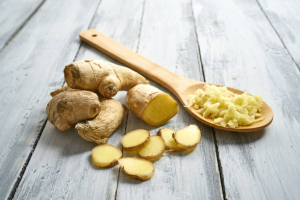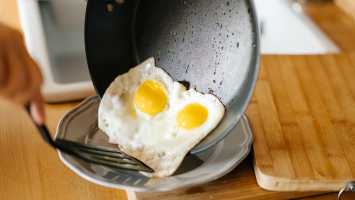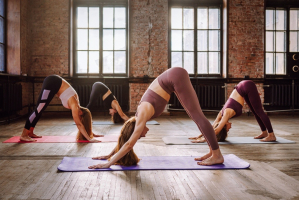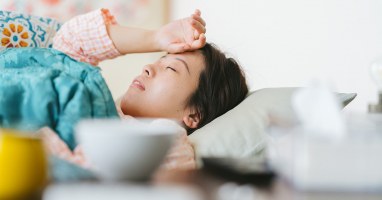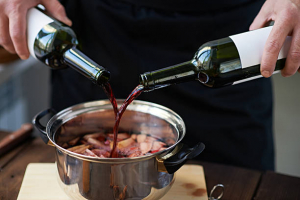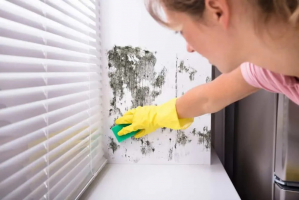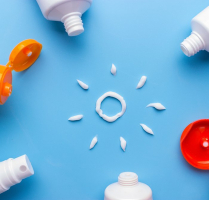Top 10 Best Tips for Preventing Acne
Anyone who has acne knows how difficult it can be to heal their skin. However, while treating existing pimples, you can also prevent new ones from appearing, ... read more...stopping the frequently vicious breakout cycle. Here are some best tips for preventing acne.
-
Water improves your skin in a variety of ways, which helps to reduce acne over time. Acne can be treated both directly and indirectly by drinking water. To begin with, water aids in the removal of toxins and bacteria from the skin, lowering the risk of pore blockage in the process. Second, moisturizing the skin permits it to sustain healthy skin cell regeneration and collagen production. This aids in the healing of acne and the reduction of inflammation caused by pimples and acne scars. Finally, drinking more water helps to lower blood sugar levels. Sugar consumption that results in elevated blood sugar levels has been shown to exacerbate acne on the skin.
It should be noted, however, that there is no quick remedy for acne and no one-size-fits-all solution. Acne is such a difficult skin condition that it necessitates continual maintenance, monitoring, and the testing and adaptation of treatment programs on a frequent basis. While water can help with acne, it should not be anticipated to be the primary treatment for the skin condition.
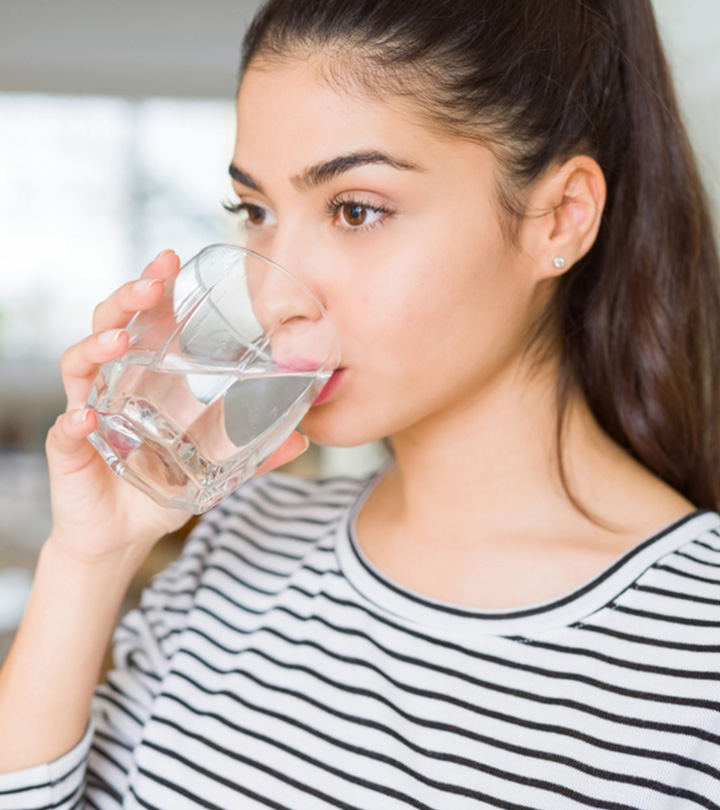
Via: Stylecraze 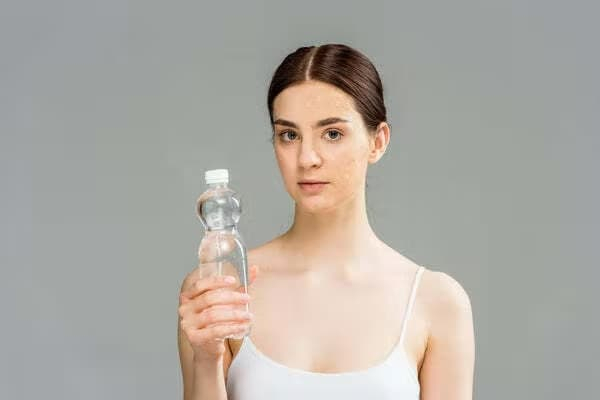
Via: Drip Drop -
To protect the skin from the perils of the outer world, tiny glands under the skin create an oil called sebum, these glands use the skin's hair follicles as a conduit, allowing the oil to reach the skin's surface (outer layer) and form a barrier that keeps bacteria and other dangerous agents out.
Excessive debris on the skin's surface can clog the follicle, trapping sebum, perspiration, and dead skin cells. Because there is no sebum on the skin's surface, bacteria can enter the follicle and cause inflammation. Acne is the end outcome. Proper skin cleansing clears pores of debris to prevent dirt buildup, allowing the sebum oil to reach the skin surface unimpeded; decreasing the chances of a breakout.
You should wash your face once in the morning and once before bed to keep it clean and clear. If your face becomes oily during the day, instead of washing it, use blotting paper to absorb the excess oil. You can wash it again after working out if you sweat a lot, but don't wash it too often or you'll dry up your skin and make things worse. Exfoliating can help prevent acne in people who do not have sensitive skin. Exfoliating the skin helps to smooth it out and prevents and removes the buildup that causes blackheads and whiteheads. However, severe exfoliating scrubs can strip the skin of too much moisture, so choose your products carefully.
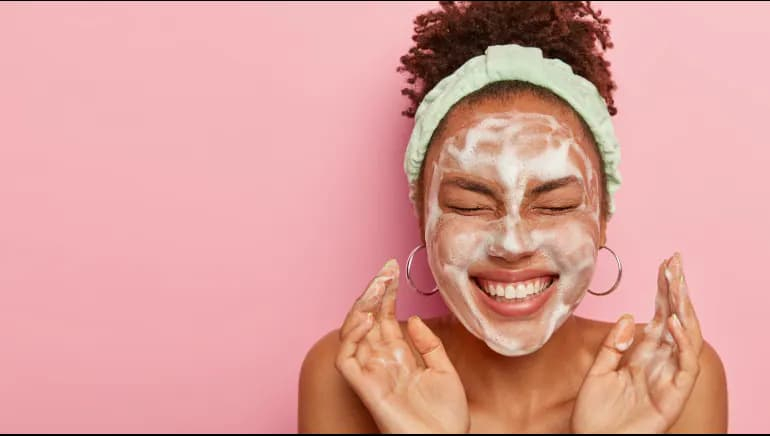
Via: Healthshots 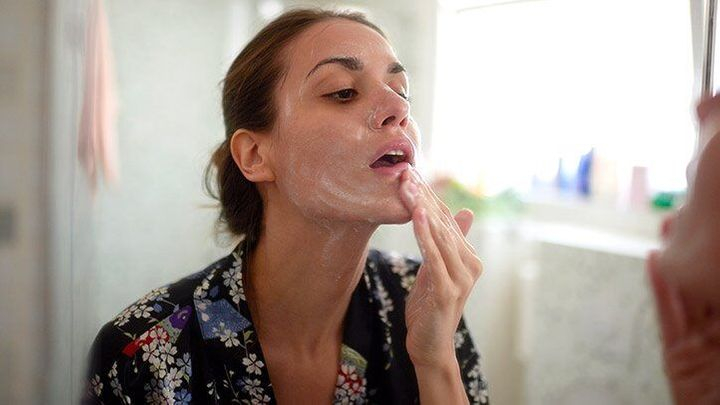
Via: Everyday Health -
Walking down the skincare aisle at the drugstore can be overwhelming because there are so many products to choose from. There are four primary skin types:
- Normal – Well-balanced skin with fine pores, neither dry nor oily.
- Dry – Skin that produces less sebum than normal, giving it a dull, tight, or rough appearance.
- Oily – Acne-prone skin with heightened sebum production that has visible pores and a glossy shine.
- Combination – A mixture of skin types between the cheeks and T-zone.
If your skin is dry, search for products that moisturize and strengthen your skin's protective outer layer to keep it supple and soft. Foaming cleansers, clay or charcoal masks, and skincare products containing alcohol should all be avoided because they will further dry out your skin. Choose moisturizing moisturizers and gentle cream cleansers instead. You could also use face oil before going to bed.
You want to eliminate extra oil without fully dehydrating your skin if you have oily skin. Avoid using heavy, oil-based lotions and oils on your face, as well as abrasive scrubs that might strip your skin of too much oil. To avoid breakouts, opt for water-based, oil-free serums, lightweight gel moisturizers, and salicylic acid-containing products.
If you have combination skin, depending on the type of skin you have in each location, you may need to apply different products on your cheekbones and jaw than you do on your T-zone. Heavy moisturizers, foamy cleansers, and clay masks should all be avoided. Instead, use light lotions and gentle cleansers, supplementing with stronger moisturizers as needed for dry areas.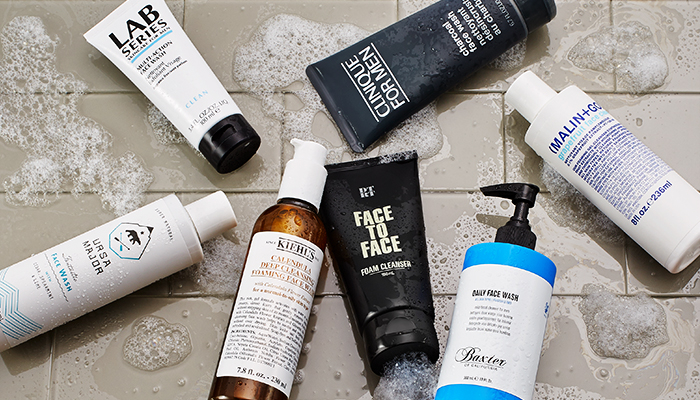
Via: Birchbox 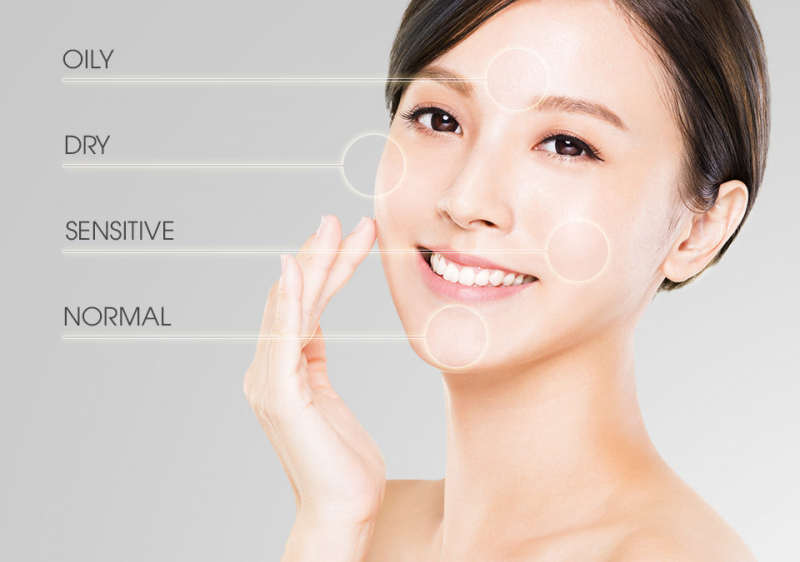
Via: Jill Lowe -
You may be tempted to disguise a fresh pimple on your face with cosmetics, but this is one of the worst things you can do. Too much makeup, or certain types of makeup, can clog pores and cause outbreaks. This isn't to say you shouldn't wear makeup, but you should be cautious about the things you select and how you apply them.
Instead of using a heavy foundation, use a tinted moisturizer or a little application of powder foundation. To get the desired appearance, you should avoid greasy formulas and use as little makeup as possible. When shopping for makeup, look for products that are non-comedogenic (this simply means that the product is formulated not to clog pores) and free from harsh chemicals and fragrances.
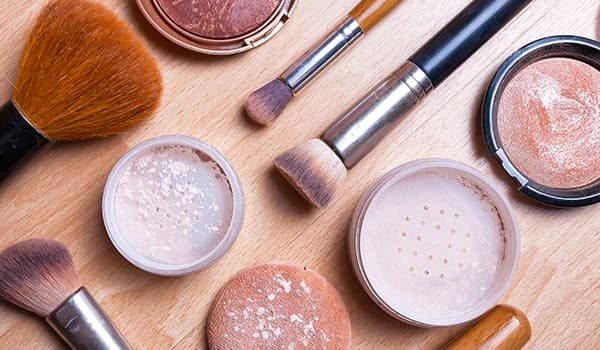
Via: BeBeautiful 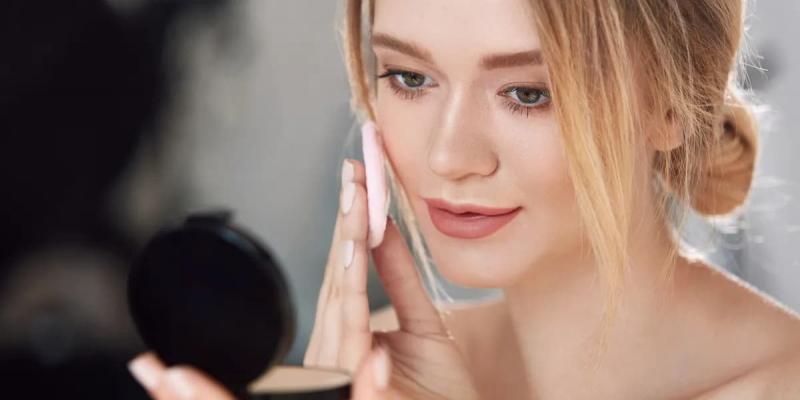
Via: Prevention.com -
When you're dealing with an acne outbreak, the last thing on your mind is to add extra moisture to your skin. As you’ve already learned, however, dry skin over-activates your oil glands which leads to breakouts. The solution helps to keep your skin moisturized.
Water, fat, and other components make up your skin's protective barrier. The sebaceous glands create more oil as the skin loses moisture, which lies on the surface and clogs your pores. To keep your skin naturally hydrated and acne-free, look for a moisturizer that blends oil and water.
Begin by selecting a moisturizer that is appropriate for your skin type. After that, check to see if it contains any drying agents, such as alcohol. Glycerin and hyaluronic acid moisturizers help to trap moisture, keeping your skin soft all day. You need not only know the type of moisturizer to buy, but also how and where to apply it. You may require various moisturizers for different sections of your face depending on your skin type. Women with dry skin may just need a moisturizer on the sides of their faces, whereas women with oily skin may only need it on their cheeks and forehead. Before applying moisturizer, wash your face with warm water and pat your skin dry to allow it to absorb some of the moisture. When it's time to apply moisturizer, start with a small amount and massage it in softly without rubbing too hard.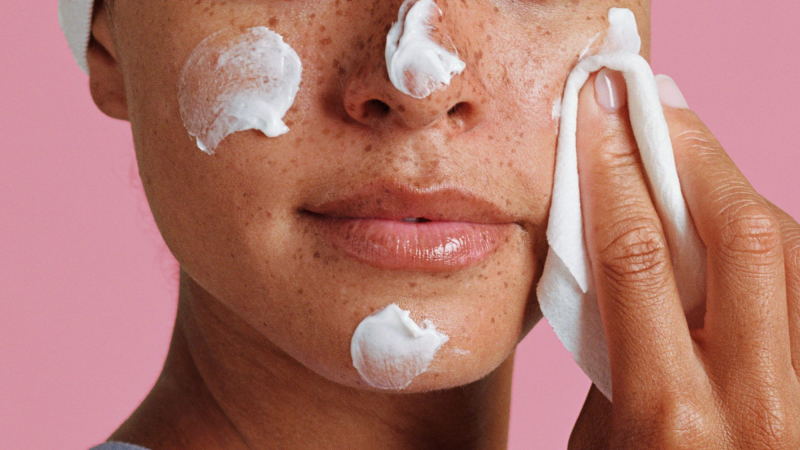
Via: Real Simple 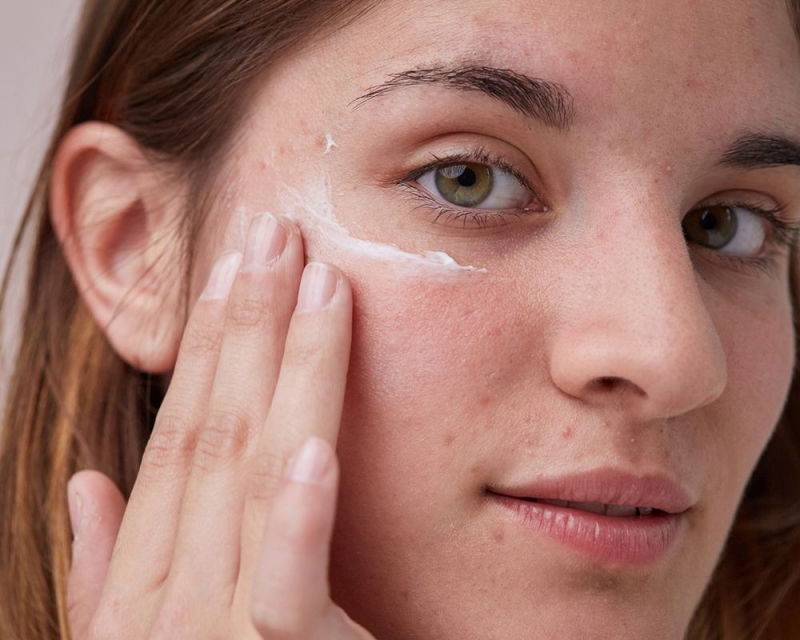
Via: Byrdie -
Even if you wash your hands frequently, your fingers can harbor a variety of germs and bacteria that can be transferred to your skin if you touch your face. Touching your face can spread dirt, oil, and bacteria from your hands to your face, which can lead to clogged pores and breakouts. It's also a no-no when it comes to popping pimples. Acne scars might be permanent if you pop pimples at home. It can also make acne more visible and painful, as well as increase the risk of infection.
It's impossible to avoid touching one's face. There are several helpful ideas for avoiding or severely reducing face touching. Consider all of the germs that are present on the objects people contact throughout the day; each time you feel the need to touch your face, replace it by snapping your fingers or doing something else. Scribble or type to keep your fingers active; set reminders to help you stay on track with your aim of not touching your face; wear gloves to make you more aware of how frequently you touch your face.
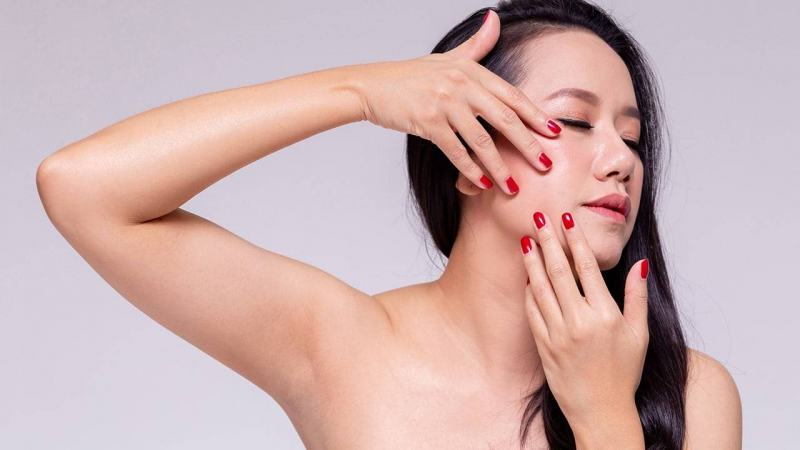
Via: L'Oreal Paris 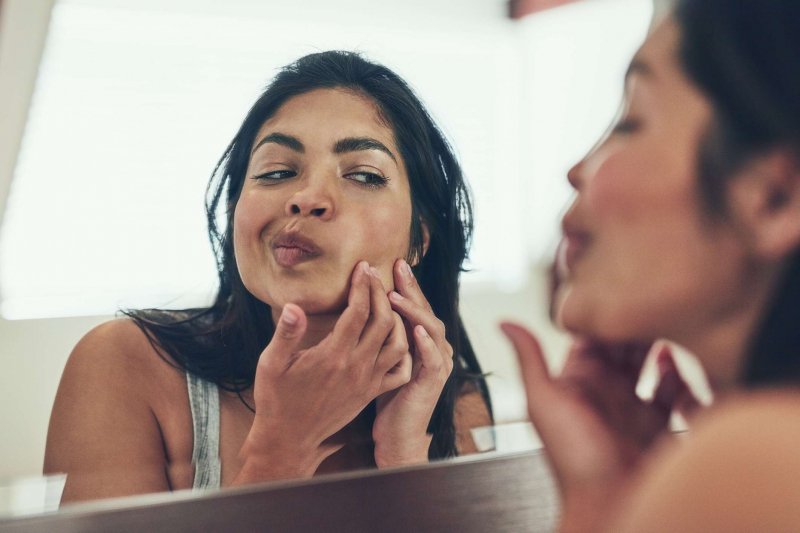
Via: Verywell Health -
If you experience frequent breakouts, using medication may help. Here are some of the top prescription acne medications you can try:
- Tretinoin: A type of retinoid, tretinoin offers comedolytic properties, helping to unclog pores, boost cell growth and balance sebum production.
- Azelaic Acid: Typically used in a 20 percent concentration, azelaic acid offers anti-inflammatory benefits and can be used to treat moderate acne.
- Benzoyl Peroxide: One of the most common ingredients in acne creams and gels, benzoyl peroxide helps kill acne-causing bacteria and dries active breakouts. It comes in 2.5%, 5% and 10% concentrations.
- Salicylic Acid: Similar to benzoyl peroxide, salicylic acid is a slightly safer option than treating acne without overly drying or damaging the skin – it also has keratolytic properties which help to exfoliate the blemish.
- Sulfur: An antibacterial agent, sulfur reduces inflammation and dries out the pimple to shrink it. It is milder than benzoyl peroxide.
Even if you decide to buy an over-the-counter or prescription acne medication, you should still speak with your doctor or dermatologist. Most drugs come in a variety of strengths, and choosing the wrong one could cause your skin to become overly dry and aggravate your acne.
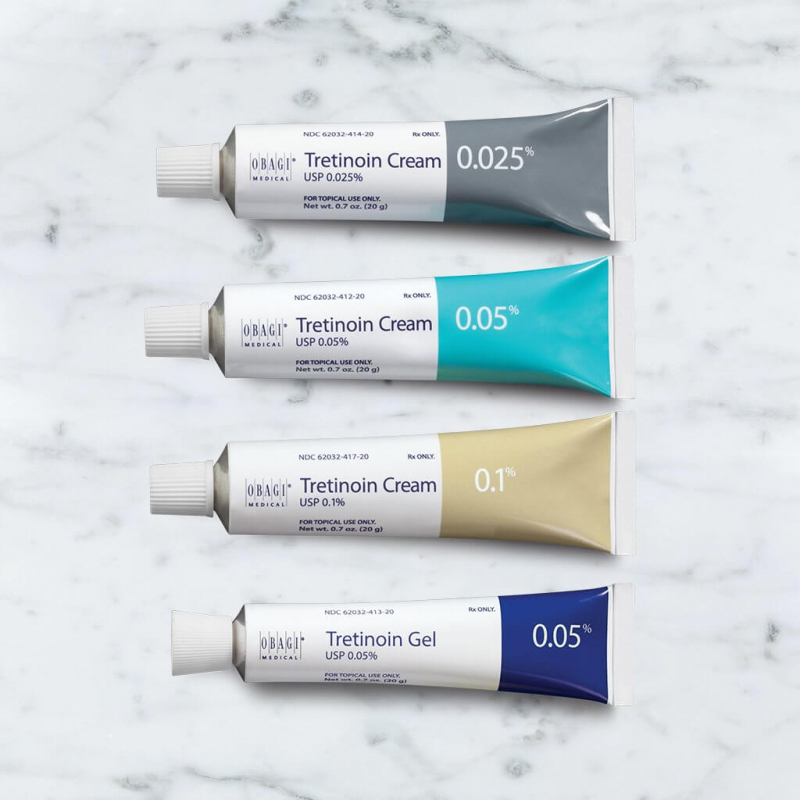
Via: Vogue 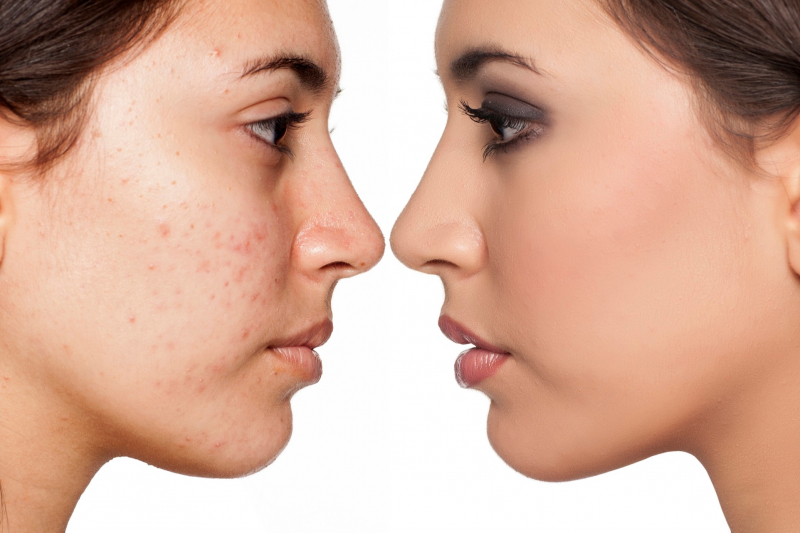
Via: American Academy of Dermatology -
Acne is worsened by popping pimples. Acne Mechanica is a form of acne caused by objects or materials touching your face. When you don't wash or change your pillowcase on a regular basis, dirt and oil from the environment, as well as your skin and hair touching the pillow, are transferred back onto your skin. This can create acne by clogging pores.
The truth is that your pillowcase should be washed at least once a week. Of course, this isn't a hard-and-fast rule, but it's regular enough to avoid accumulating dangerous amounts of contamination, and it's also doable for most individuals. If you have oily skin, you may want to do it more often and make sure your pillowcase is clean and oil-free. Besides, you should be cleaning everything that touches your face weekly, including your makeup brushes, beauty blenders, and phone.
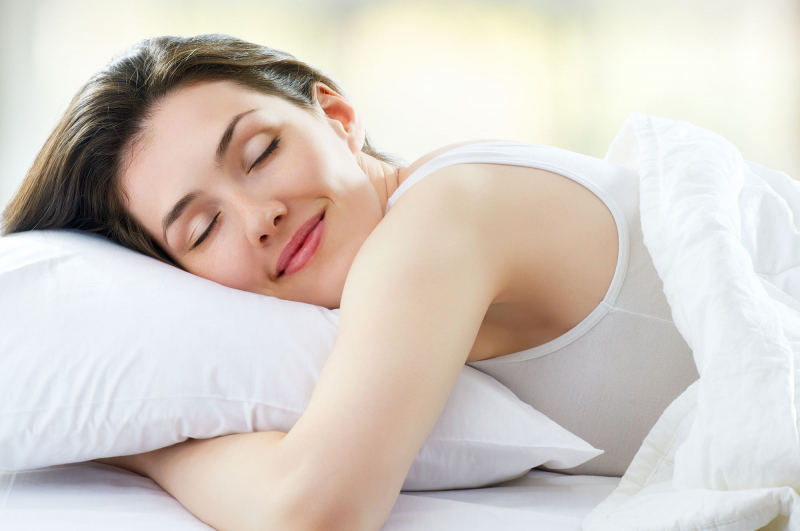
Via: Embassy Cleaners 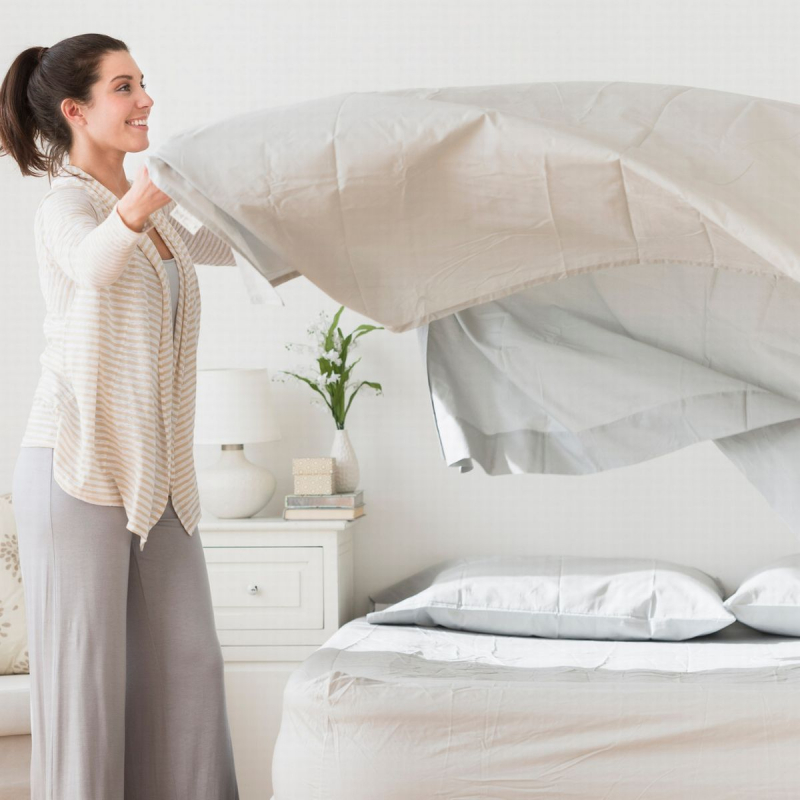
Via: The Mirror -
While soaking up the sun is an excellent approach to achieving your daily Vitamin D requirements, you must protect your skin from UVA and UVB rays. Wearing sunscreen, for example, could make a significant difference in the frequency and intensity of your breakouts, as well as safeguarding your skin's overall health.
UV rays from the sun can exacerbate inflammation and redness, as well as create post-inflammatory hyperpigmentation (dark discoloration). Some acne drugs can make your skin more photosensitive. You should wear protective clothing, such as a long-sleeved shirt, slacks, and a broad-brimmed hat, when spending time in the sun, especially between the hours of 10 a.m. and 4 p.m, apply a broad-spectrum sunscreen with 6 percent zinc oxide or higher and SPF 30 or higher at least 20 minutes before sun exposure, whether or not you have pimples. If you want to reduce the likelihood of new pimples, look for the term "noncomedogenic" on the sunscreen label. Read the ingredients on the product label to know what you're putting on your skin.

Via: Envision Acne and Skin Care Center 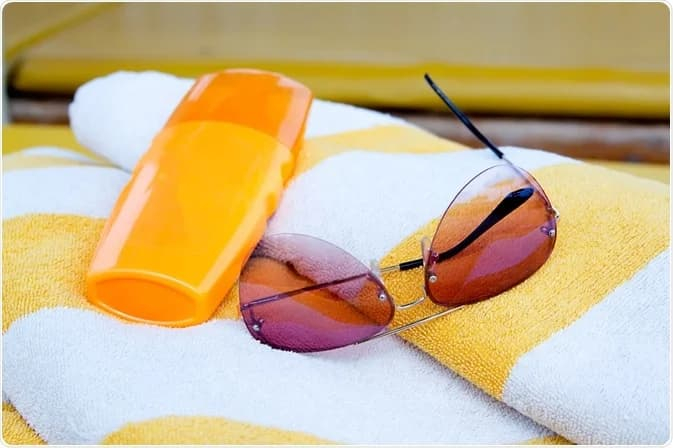
Via: News Medical -
Because what you eat has a direct impact on your skin, strive to eat foods that prevent acne rather than those that cause it. Processed carbs, refined sugar, high-glycemic foods, dairy products, and fried or greasy foods are all common acne causes. Foods that elevate your blood sugar can cause your skin to generate more oil, increasing your chances of getting a breakout. When you consume sugary or high-carb foods, your blood sugar levels rise, signaling the pancreas to create the hormone insulin. Insulin helps your cells absorb glucose from the bloodstream, but too much of it can cause your skin's sebaceous glands to create too much oil.
Complex carbs (low-glycemic), colorful fruits and vegetables, leafy greens, oily fish, nuts, seeds, beans, and legumes are the healthiest foods for your skin. Antioxidants, as well as nutrients with anti-inflammatory effects, are particularly useful for skin health.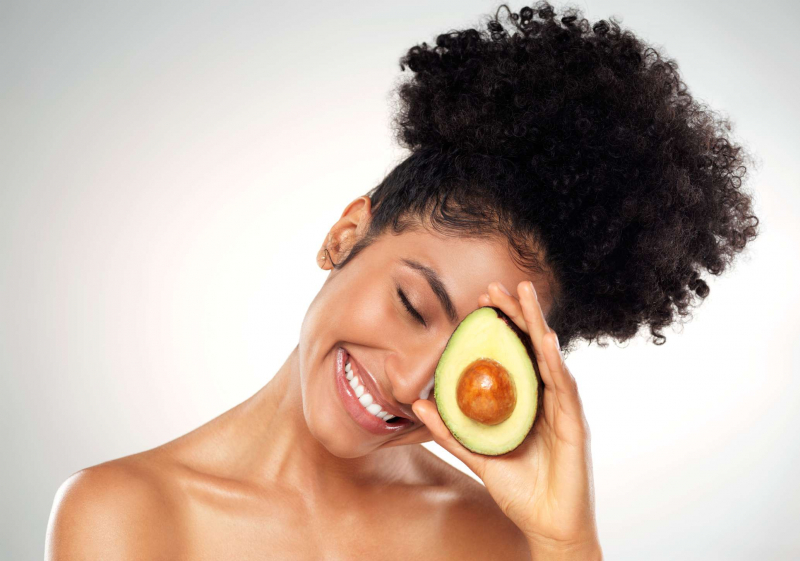
Via: Verywell Health 
Via: Style Vanity












